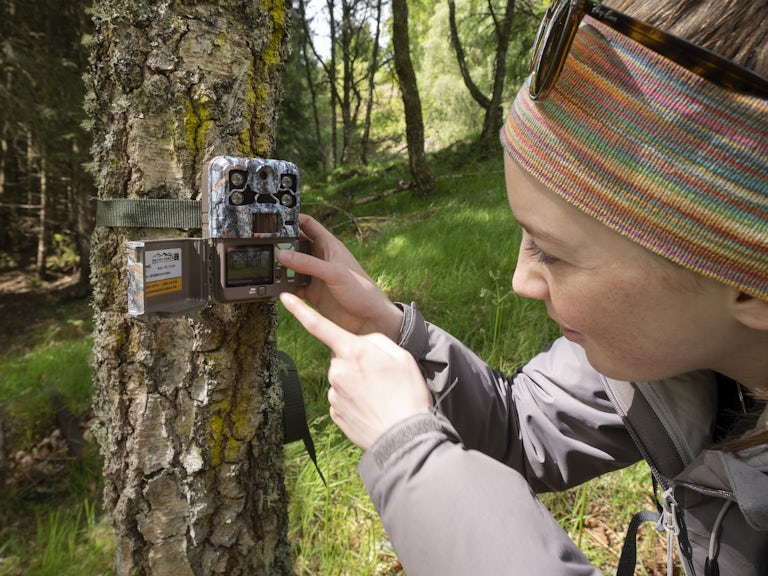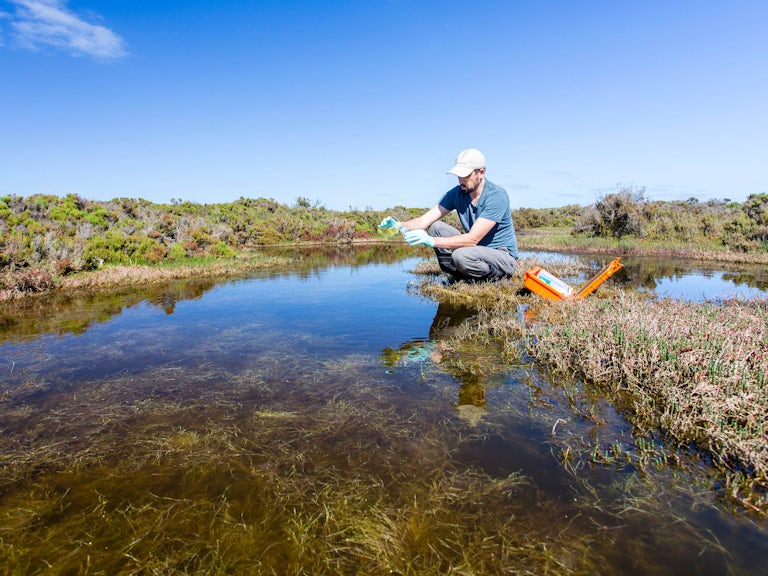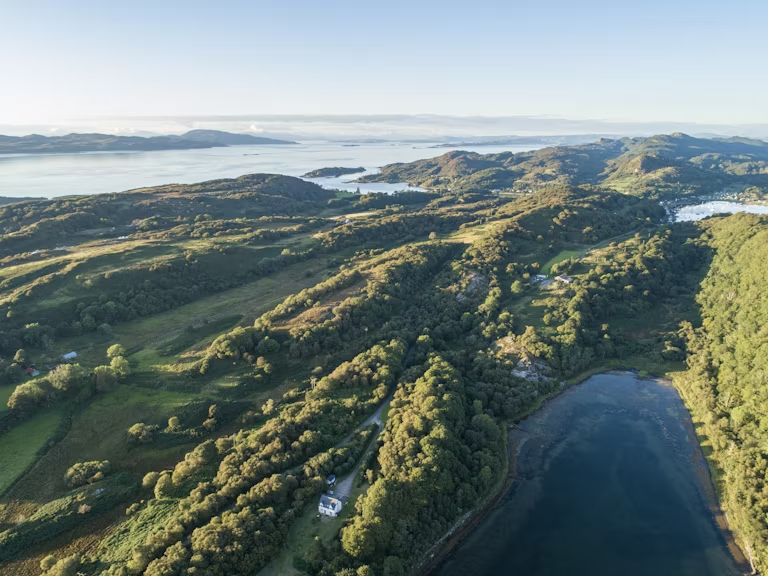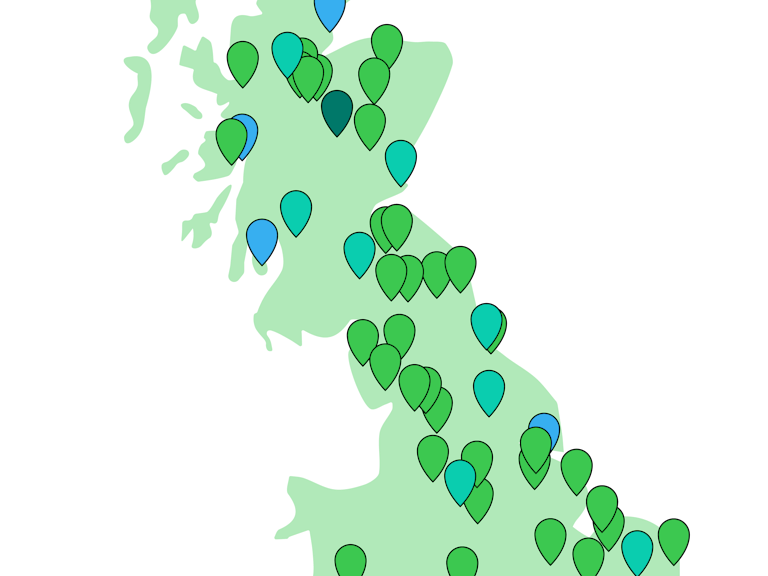The Rewilding Monitoring Framework
We’re working with rewilding practitioners and other experts within the sector to develop a framework for monitoring rewilding – to measure ecological, social and economic change across sites in Britain.

Why do we need a rewilding monitoring framework?
Rewilding is a dynamic, unpredictable process that can challenge the monitoring approaches used to track changes at more traditional nature conservation sites. Although rewilding sites collect data and can demonstrate ecological, social and economic changes to a certain extent, there is – as yet – no framework which lays out the most appropriate, measurable metrics for monitoring rewilding progress.
Numerous rewilding projects, many from within the Rewilding Network – which connects almost 1,000 members rewilding on land and at sea – approach us for advice on monitoring. They want to know how to measure change practically and cost-effectively, and how this information can be used to access new funding streams.
Join the Rewilding Network
Be at the forefront of the rewilding movement. Learn, grow, connect.
What’s in the framework?
Firmly grounded in science, the Rewilding Monitoring Framework will provide guidance on a pragmatic suite of rewilding metrics that can be applied consistently and in a standardised way across rewilding projects within the Network and beyond. Significantly, it will include indicators for the ecological, social and economic dimensions of rewilding.
The first phase of the framework is designed to enable practitioners to monitor changes on land-based rewilding projects, but in time we’ll be developing it further for marine projects.
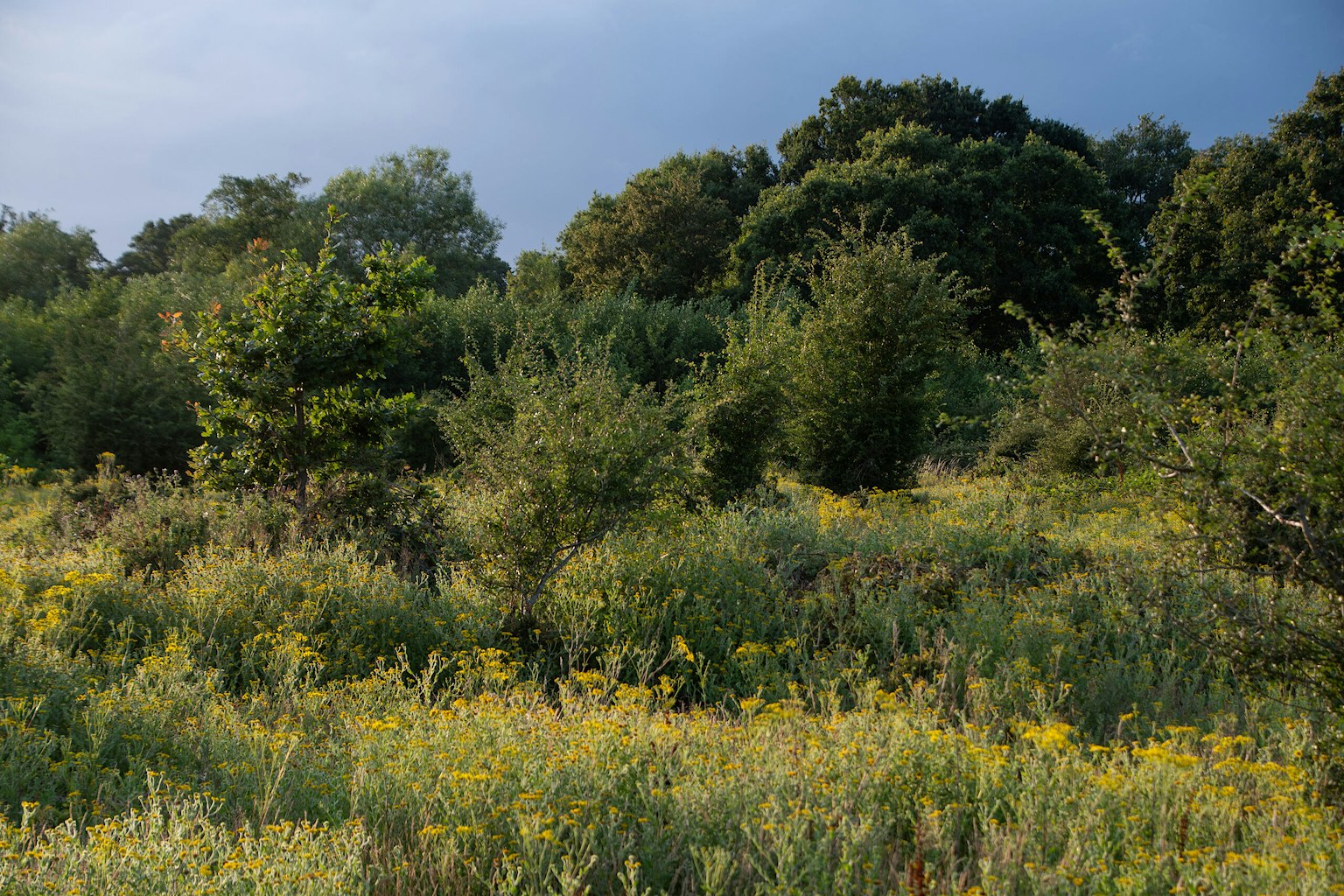
How are we developing it?
It’s essential that the guidance is scientifically based, which is why we’ve appointed an advisory group (see box) who can challenge and guide our thinking. We’ve also held a series of indicator prioritisation workshops with stakeholders, including academics, practitioners and key arm’s-length bodies. To ensure that the framework is highly usable in practice, we’ve invited five Rewilding Network members to pilot it at their sites across Britain.
The Rewilding Monitoring Framework Advisory Group
- Dr Chris Sandom (University of Sussex)
- Professor Nathalie Pettorelli (Zoological Society of London)
- Professor James Bullock (Centre for Ecology & Hydrology)
- Dr Kim Ward (University of Plymouth)
- Professor Gemma Harvey (Queen Mary University London)
- Professor Alex Henshaw (Queen Mary University London)
- Dr Adham Ashton-Butt (British Trust for Ornithology)
- Dr Rebecca Senior (University of Durham)
- Dr Emily Warner (University of Oxford)
When will it be launched?
We shared part one of the framework, which covers ecological metrics, with members of the Rewilding Network in autumn 2024, allowing them to trial it. The final framework – with social and economic metrics – will be completed in 2025.
We believe this framework is an important step towards building the evidence base for rewilding, allowing us to demonstrate that rewilding is restoring nature and having wider beneficial impacts on individuals and communities. This data will be critical in helping decision-makers and stakeholders enable an expansion in rewilding across Britain.
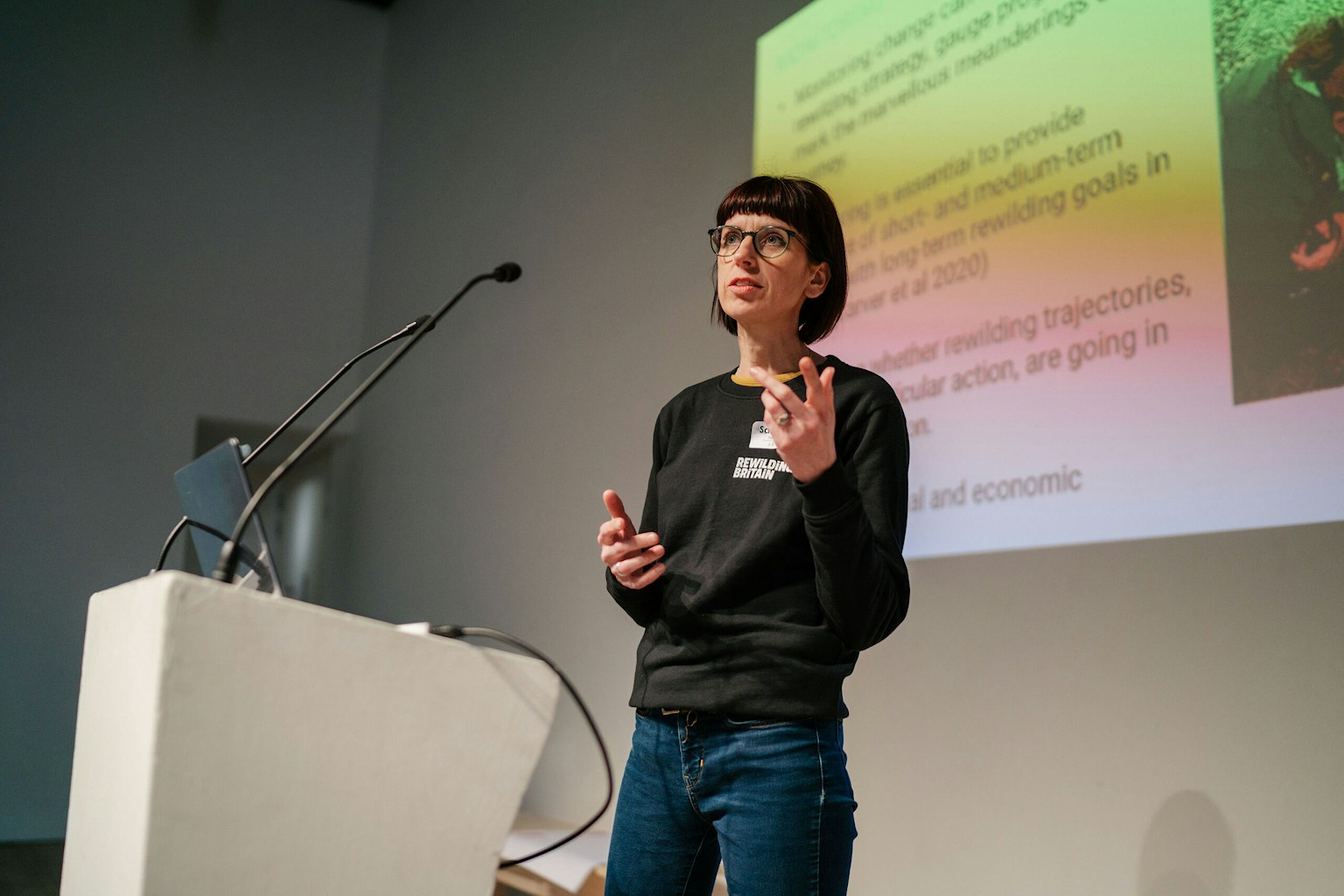
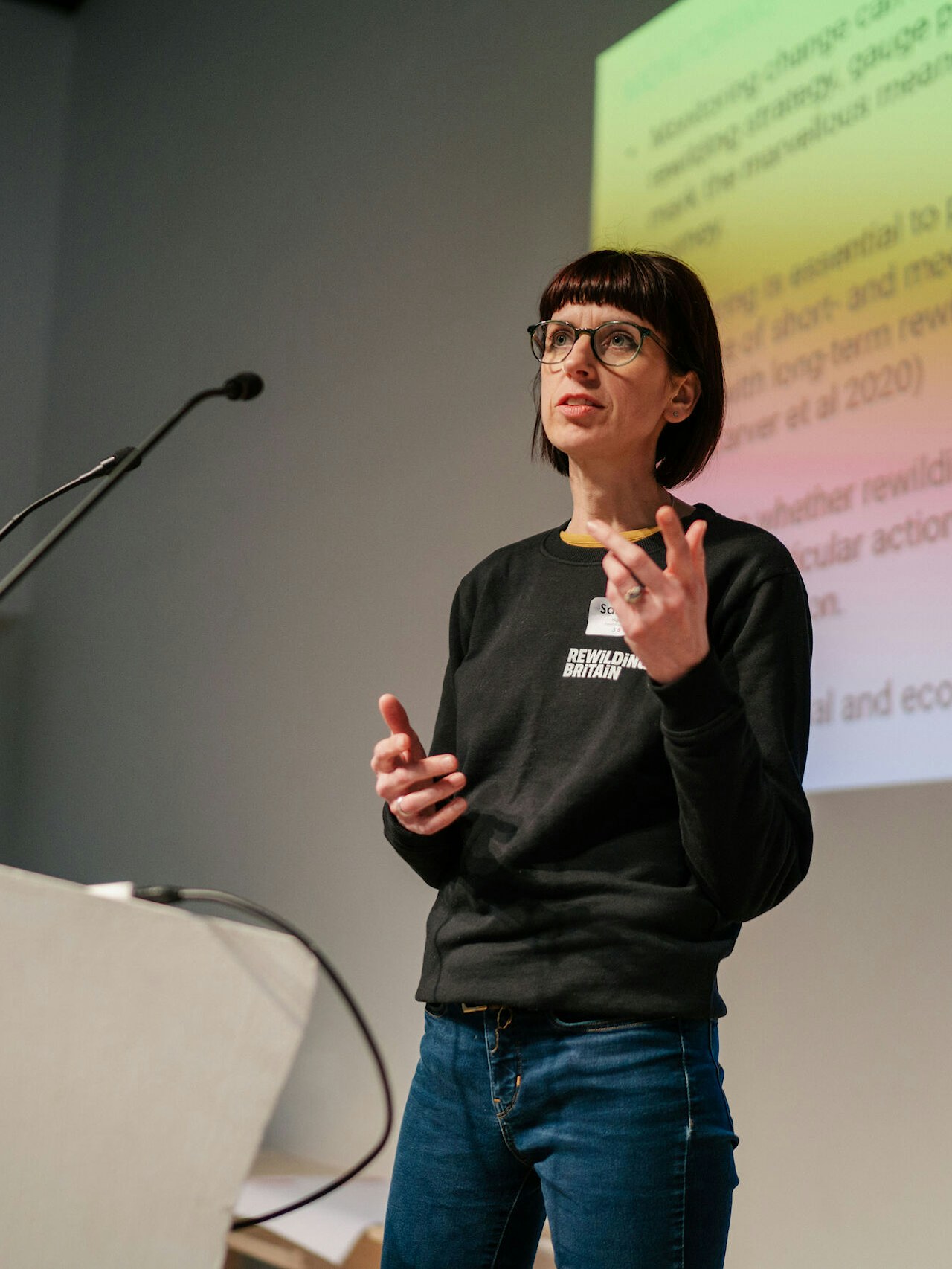
Seeing the bigger picture
Rewilding Britain Researcher Dr Sahran Higgins delves into the fascinating world of monitoring, where state-of-the-art techniques are evidencing the remarkable changes in biodiversity, habitats and more on rewilding sites across Britain.
